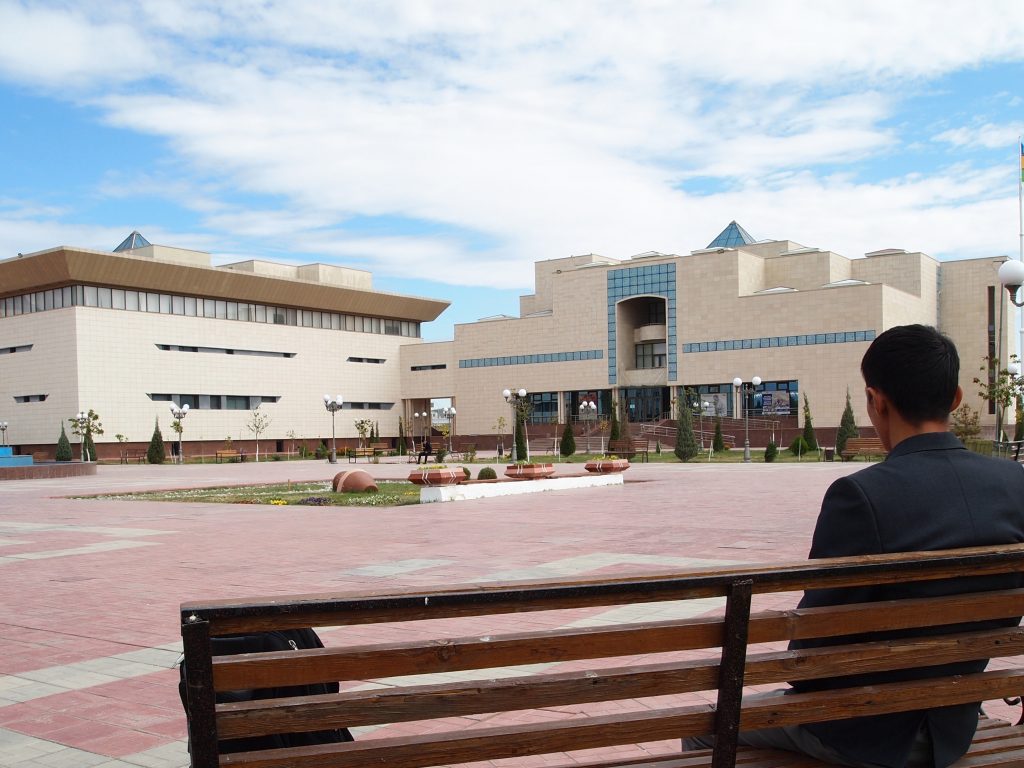LONDON – TB-PRACTECAL, a clinical trial led by Doctors Without Borders/Médecins Sans Frontières (MSF), has found that a new, all-oral, six-month treatment regimen is safer and more effective at treating rifampicin-resistant tuberculosis (RR-TB) [1] than the currently accepted standard of care. These results signal the start of a new chapter for people with drug-resistant (DR)-TB, who currently face lengthy treatment regimens.
The phase II/III clinical trial found that the new, shorter treatment regimen was very effective against RR-TB. Eighty-nine per cent of patients in the new regimen group were cured, compared to 52 per cent in the standard care (control) group.
“When we embarked on this journey nine years ago, patients with DR-TB around the world were facing lengthy, ineffective and gruelling treatment that disrupted their lives,” says Bern-Thomas Nyang’wa, MSF Medical Director and Chief Investigator of the trial. “Patients were telling us how hard it was to adhere to treatment, but little progress was being made to find kinder treatments because diseases most prevalent in low- and middle-income countries don’t attract investment.”
“So we were compelled to pursue new treatment options ourselves,” says Dr Nyang’wa. “These results will give patients, their families and healthcare workers worldwide hope for the future of DR-TB treatment.”
TB-PRACTECAL is the first-ever multi-country, randomised, controlled clinical trial to report on the efficacy and safety of a six-month, all-oral regimen for RR-TB. It tested a six-month regimen of bedaquiline, pretomanid, linezolid and moxifloxacin (BPaLM), against the locally-accepted standard of care. The trial enrolled 552 patients overall, of which 301 were included in the analysis at this stage. The trial took place in seven sites across Belarus, South Africa and Uzbekistan.
The current standard of care can take up to 20 months, include painful injections, and up to 20 pills a day that can cause severe side effects. These gruelling regimens only cure one in two patients and can have a catastrophic effect on people’s physical and mental health, as well as their financial and social lives.
During the trial, four patients tragically died from TB or treatment side effects in the control group, while there were no deaths among patients on the new regimen. Additionally, trial results showed that the new drugs led to a significantly lower rate of major side effects, with 80 per cent of patients avoiding any major side effects, compared to 40 per cent in the control group.
ABDIRAHMAN, TB-PRACTECAL CLINICAL TRIAL PATIENT IN NUKUS, UZBEKISTAN
“My treatment course was short. When I was in the hospital, I talked to others who were undergoing treatment. And they said, ‘Oh, we will be treated for two years, and you have only 6 months.’ I understood how they felt looking at them.”

“It has been an honour to serve our communities through this research,” says Nosipho Ngubane, Principal Investigator at King DinuZulu Hospital, South Africa, one of the seven TB-PRACTECAL trial sites. “For participants, it has been easier to comply with the treatment and complete this shorter regimen which uses fewer tablets.”
MSF intends to publish the results in full in a peer-reviewed journal later this year. We are also sharing the data with the World Health Organization, in the hopes that these results will serve as a major contribution to the growing body of evidence for global treatment recommendations to be updated to include a short, effective, and safe treatment regimen. Ultimately, we believe these results prove that a change in clinical practice is now due.
“[The shorter treatment] would mean a lot as, I think when you are on treatment, some parts of your life feel like they are put on hold,” says Awande Ndlovu who was enrolled in the trial at the THINK Hillcrest Clinical Trial Unit in South Africa. “Before [the trial] gave me hope, I couldn’t even see the slightest glimpse of recovering from MDR-TB.”
MSF plans to work closely with national TB programmes, ministries of health and other key stakeholders to ensure that this treatment is available as soon as possible to patients.
“We are committed to providing TB care and advocating for effective and affordable treatments,” says Dr Christos Christou, MSF International President. “Last year, our teams helped 13,800 people start on TB treatment, including 2,100 with drug-resistant TB.”
“As one of the largest non-governmental providers of TB treatment worldwide, we are excited about what these results will mean for those with MDR-TB,” Dr Christou concludes.












